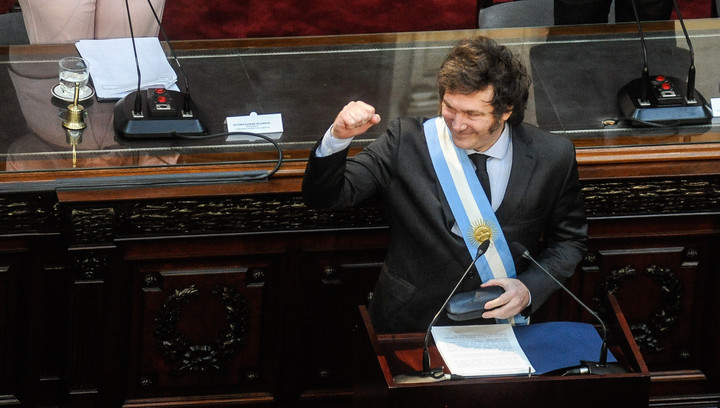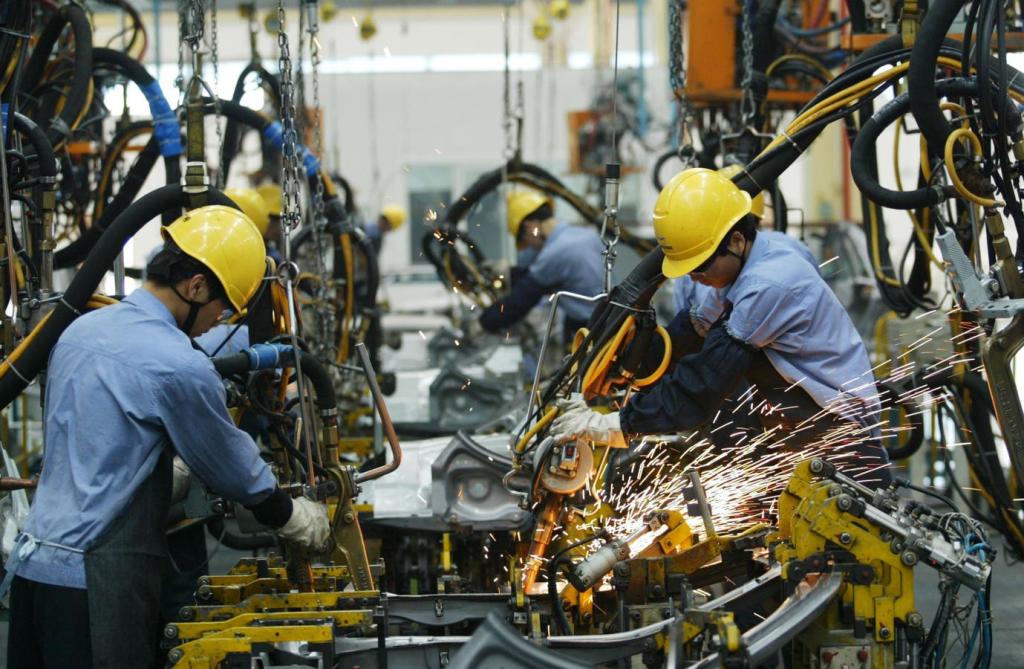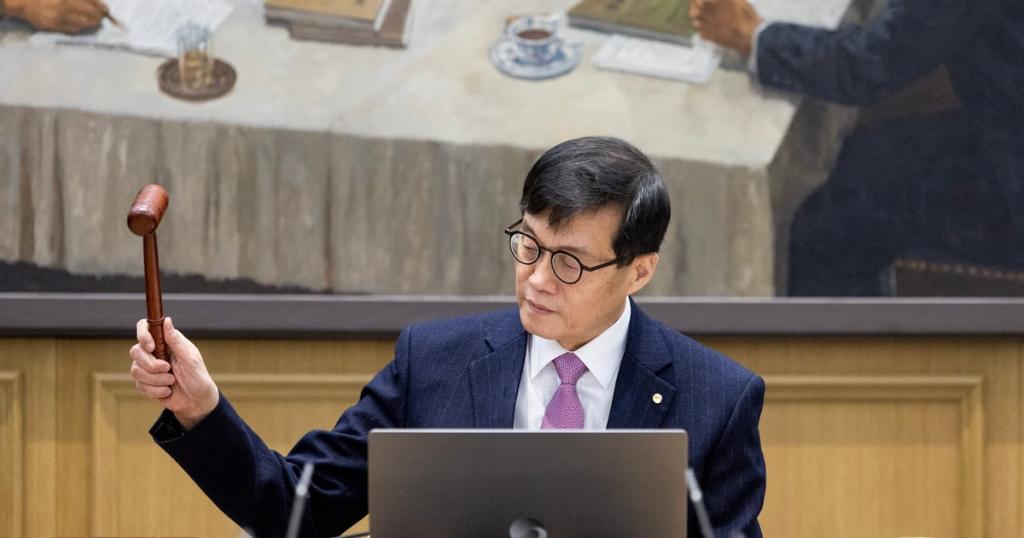Javier Milei's Bold Zero Deficit Budget for Argentina 2025
Explore Javier Milei's historic push for a zero deficit budget, aiming to transform Argentina's economy through fiscal responsibility and transparency.

Key Points
- Javier Milei
's presentation of the 2025 budget represents a historic shift towards a zero deficit, showcasing a commitment to fiscal responsibility.
- The budget focuses on key areas such as maintaining fiscal equilibrium, direct social support, and modernizing state functions.
- Despite potential political resistance, Milei encourages public engagement in the budgeting process to foster transparency and collective responsibility.
The recent presentation of the 2025 budget by President Javier Milei marks a pivotal moment in Argentine economic history. For the first time, the sitting president took on the role of presenting the national budget, which has traditionally been the duty of the Minister of Economy. This departure from convention signals a bold new approach aimed at achieving a zero deficit in government spending.
Understanding the Zero Deficit Goal
At the heart of this budget is the principle of a zero deficit. This concept goes beyond mere financial balancing; it represents a comprehensive strategy to overhaul
's fiscal landscape. Historically, the country has faced significant fiscal deficits, with records showing that Argentina has experienced a deficit in 112 of the last 122 years. This troubling trend underscores the urgency of Milei's initiative.
The approach taken by Milei hinges on three pillars:
- Establishing macroeconomic order without shortcuts.
- A stringent reduction of public spending.
- Promoting deregulation to enhance individual freedoms.
By adhering to these principles, the Milei administration aims not only to stabilize the economy but also to create an environment where citizens can thrive independently of state assistance.

The Structural Changes Ahead
The budget presentation on September 15 emphasized four essential areas:
- Maintaining fiscal equilibrium.
- Implementing social plans without intermediaries.
- Modernizing and simplifying state functions.
- Increasing funding for defense and security initiatives.
This focus on giving direct support to citizens while minimizing bureaucratic involvement is crucial. It reflects a shift towards a leaner government that prioritizes efficiency and transparency—principles that resonate with many Argentines who have long felt the burden of a bloated state apparatus.

Challenges and Opportunities
While the vision is ambitious, there are inherent challenges that come with such drastic policy shifts. Milei’s approach is expected to encounter substantial resistance, particularly from established political factions vested in maintaining the status quo. He remarked on this opposition, stating that some politicians might do everything possible to obstruct the move towards a more liberal budget framework.
The economic implications of such a budget are far-reaching. With a clear commitment to balancing expenditures, the administration is poised to reduce debt accumulations while fostering a more sustainable fiscal environment. This sets a precedent for future budgeting practices, encouraging a culture of accountability and financial prudence.
Moreover, the emphasis on cutting public spending aligns with international economic standards, targeting inefficiencies that have plagued the Argentine economy for decades. Such reforms could potentially pave the way for greater investments and economic growth, crucial for lifting millions out of poverty.
Engaging the Public in Fiscal Responsibility
The unique aspect of this presentation is not only Milei’s personal involvement but also the invitation to the public to engage with the budgetary process. By calling upon citizens to witness this historical event, he underscores the importance of transparency and collective responsibility. He encourages Argentines to play an active role in the economic discourse, fostering a culture of inclusion in governance.
As stakeholders in the country’s financial future, individuals are invited to align with Milei's vision of a prosperous, free Argentina. The potential for this initiative to restore confidence in national fiscal policies is significant, provided that it maintains momentum and garners the necessary legislative support.
Ultimately, the 2025 budget represents not just an accounting exercise but a transformative ideology aimed at restoring fiscal integrity to Argentina. Javier Milei's bold vision, encapsulated in the zero deficit methodology, seeks to usher in an era where the economy operates efficiently, equitably, and sustainably. By prioritizing fiscal discipline, the administration hopes to create a future where every Argentine can thrive without government dependency.


